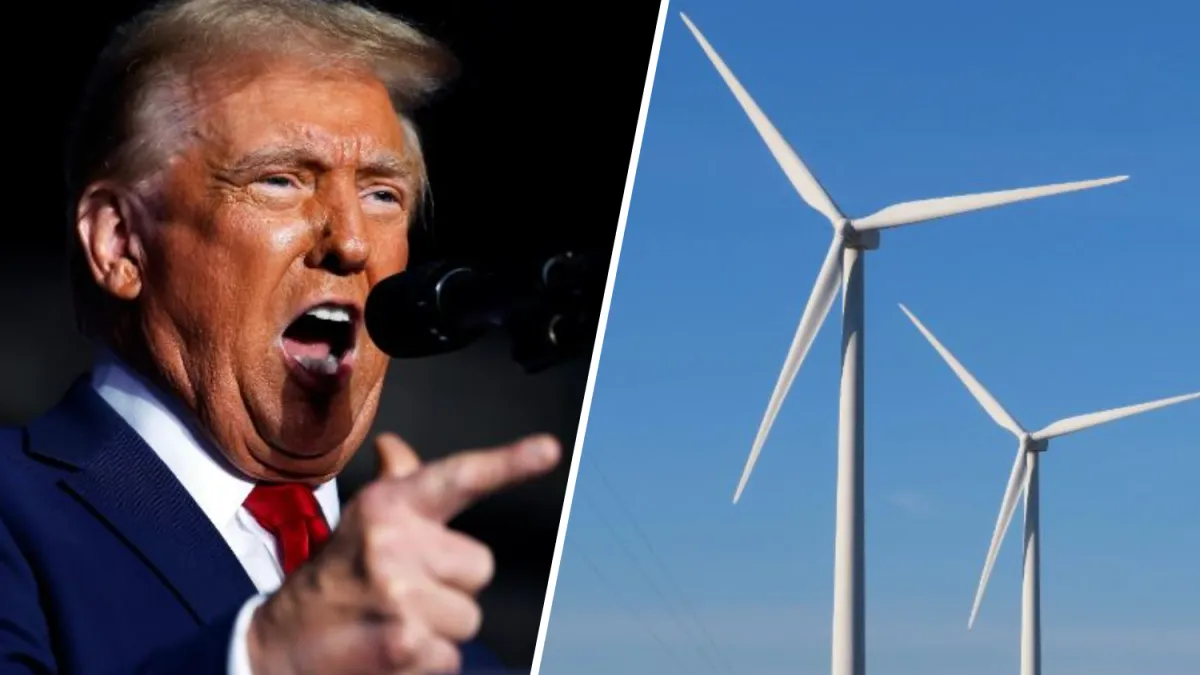Copyright brecorder

KARACHI: Entrepreneurs and business leaders have lauded the ‘Trade Lab’, a digital learning platform on cross border trade recently launched by Pakistan Single Window (PSW). Its aim is to equip entrepreneurs, startups and businesses with awareness and skills to navigate the complexities of international trade in the digital era and enhance their customs and regulatory compliances. Talking to Business Recorder, Dr Muhammad Farooq Afzal , Founder President, Economic Diplomacy Forum, said Trade Lab marks a commendable step toward building Pakistan’s digital trade capacity and fostering a culture of knowledge-driven compliance. He believes that by empowering entrepreneurs, startups, and SMEs with practical skills to navigate international trade and regulatory frameworks, PSW is not only simplifying cross-border procedures but also advancing the national agenda of digital transformation. Collaboration with institutions like the Sustainable Development Policy Institute (SDPI) and the Centre for International Private Enterprise (CIPE) reflects a forward-looking approach that bridges policy, technology, and capacity building, he said. As Trade Lab expands through partnerships with Federal Board of Revenue (FBR) and the Customs Academy, it has the potential to become a cornerstone for developing globally competitive Pakistani businesses that can effectively integrate into international value chains, he added. “This initiative truly exemplifies how economic facilitation and education can go hand in hand to strengthen Pakistan’s trade ecosystem.” The Pakistan Single Window is a digital trade facilitation platform developed by the Government of Pakistan to simplify and automate the process of importing, exporting, and transiting goods across borders. Entrepreneur and former president of the Hyderabad Chamber of Small Traders and Small Industry (HCSTSI), Muhammad Farooq Shaikhani, said that for small traders and cottage industries, digital literacy and awareness of international trade compliance have long been significant barriers to growth. By introducing practical and accessible online courses on topics such as customs procedures, export frameworks, and market strategies, PSW has opened new avenues for SMEs to compete confidently in global markets. He recommends that PSW extend Trade Lab’s outreach to regional chambers and small industry clusters so that entrepreneurs across the country can benefit. What is Trade Lab? ‘Trade Lab’ directly supports PSW’s vision of reducing the time and cost of doing business by fostering effective compliance with national and international trade regulations. With an initial lineup of nine courses, including customs tariff essentials, exporting goods from Pakistan, understanding the legal framework of trade, as well as market analysis and marketing strategy, Trade Lab aims to enhance knowledge and equip learners with skills that can immediately be applied in today’s fast-paced global trade environment, according to the government. Trade Lab has initial lineup of nine courses, including customs tariff essentials, exporting goods from Pakistan and understanding the legal framework of trade As the platform evolves, PSW intends to enhance the number and content of courses through collaborations with government training institutes such as the customs academy, FBR and the Pakistan Institute of Trade and Development, Ministry of Commerce. Aftab Haider, CEO of PSW, said, “The launch of ‘Trade Lab’ is a strategic leap in our mission to drive digital transformation in Pakistan’s trade ecosystem. Knowledge is the key to unlocking the potential of our traders.“ “By providing accessible, expert-led online training, we are not just facilitating compliance; we are building capacity, enhancing competitiveness, and shaping a more efficient, transparent, and inclusive future for Pakistan’s economy. Together with PSW’s Trade Information Portal, we hope to create a dynamic, robust, digital knowledge base that will help traders remain well informed, and therefore compliant, with national and international laws, regulations and market dynamics.” The platform’s introduction aligns with Pakistan’s commitment under the WTO’s Trade Facilitation Agreement to modernize its trade landscape and integrate into global value chains. It hopes to become an essential tool for traders, government officials, and logistics providers. It also aims to support women entrepreneurs by enhancing their access to trade related information, digital tools, and capacity-building opportunities, thereby promoting inclusive participation in international trade.



